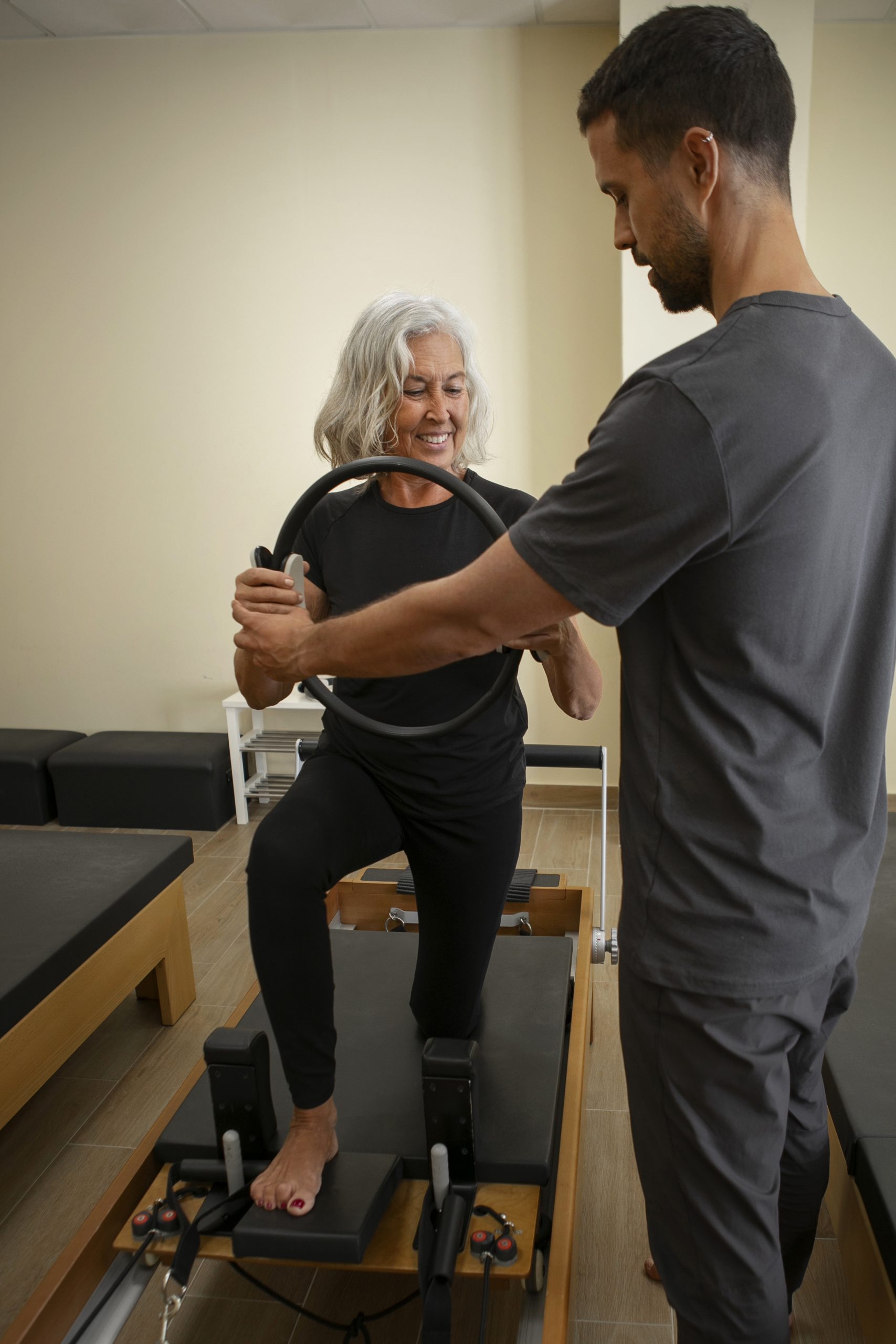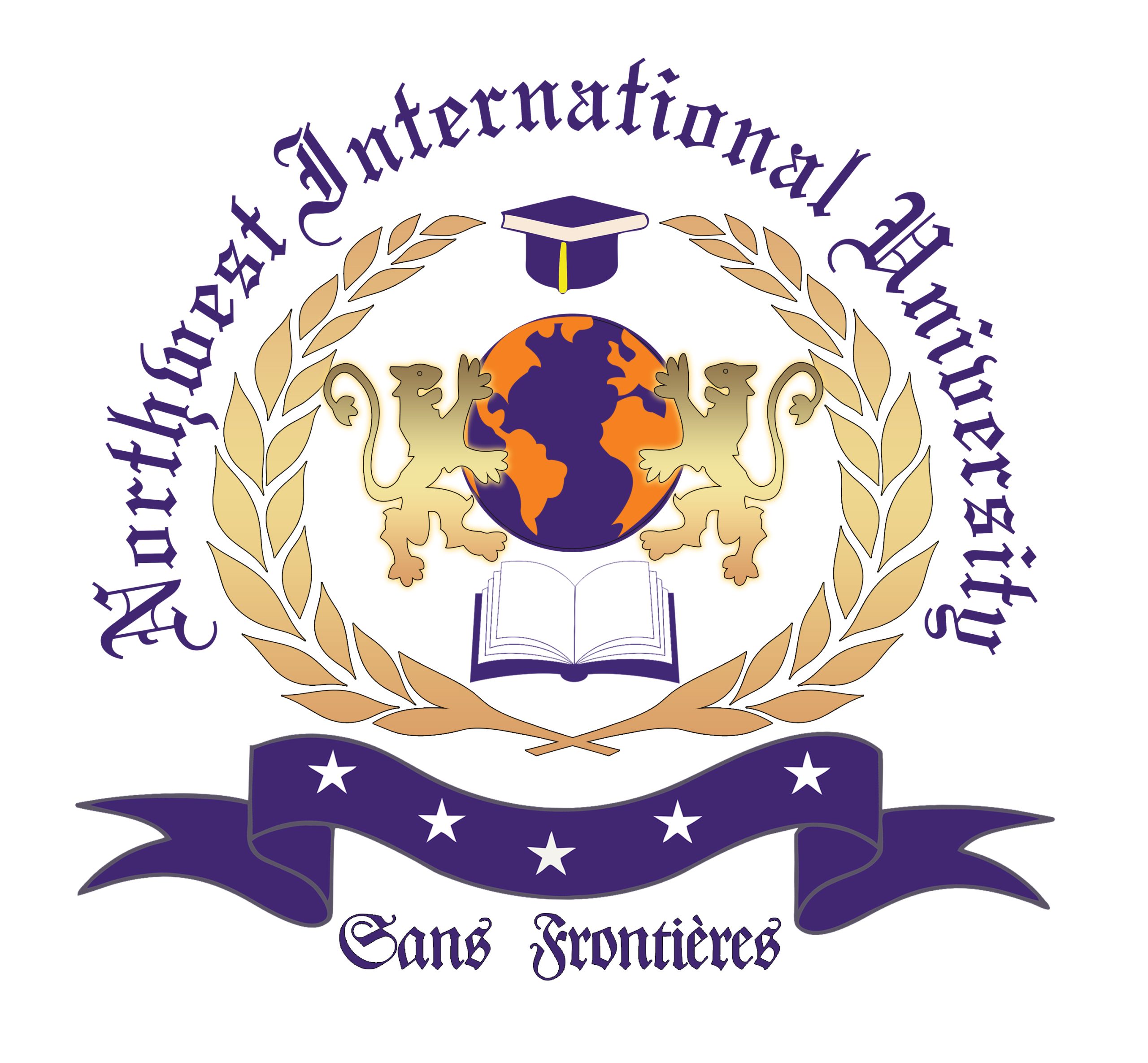Personal Support Worker (PSW)
The Personal Support Worker program at Northwest International University is designed to equip participants with specialized skills essential for providing compassionate care to patients, clients, and residents with diverse health conditions and needs. This program prepares you to assist individuals in a supportive environment by helping with personal hygiene, meal preparation, household tasks, and managing various long-term health challenges. Through this meaningful work, you will build close and rewarding relationships with those you care for.

The Personal Support Worker (PSW) program
The Personal Support Worker program at Northwest International University comprehensively covers all essential home and healthcare services needed by individuals with physical disabilities, cognitive impairments, and both short- and long-term illnesses. The practical skills and knowledge you gain will enable you to work confidently in diverse settings, including hospitals, private homes, schools, community residential agencies, and long-term or chronic care facilities.
This program offers an accelerated, hands-on training experience with a guaranteed practicum, providing a direct pathway to employment opportunities in dynamic urban centers around the world.

PSW Education
To become a successful Personal Support Worker, obtaining a recognized certificate in personal support or healthcare assistance from a reputable university, college, or accredited institution is essential.
Typically, these certifications require several months to complete. However, Northwest International University offers an accelerated PSW training program that is shorter in duration but maintains high standards of quality and effectiveness. Importantly, the courses are delivered in a hybrid format, combining both online and in-person learning to provide flexibility and hands-on experience.
Our program includes practical field placements, allowing participants to gain hands-on experience in real healthcare environments before graduation. This invaluable exposure equips students with the skills and confidence needed to secure employment after completing the program.
With a guaranteed practicum, the Personal Support Worker program provides a fast-track, skill-based education that often leads to rewarding career opportunities in dynamic urban centers worldwide.

Comprehensive Curriculum for Personal Support Worker Program
Introduction to Personal Support Work
Basics of the role, responsibilities, and scope of practice.
Human Anatomy and Physiology
Understanding body systems and how they relate to care.
Infection Prevention and Control
Procedures to prevent infection spread in healthcare settings.
Safety and Emergency Procedures
Workplace safety, fire safety, and emergency response including CPR and First Aid.
Nutrition and Meal Preparation
Dietary needs, meal planning, and assisting clients with feeding.
Personal Care and Hygiene Assistance
Bathing, grooming, oral hygiene, toileting, and skin care.
Mobility Assistance and Transfers
Techniques to help clients move safely, including use of assistive devices.
Communication and Interpersonal Skills
Effective communication with clients, families, and healthcare teams.
Mental Health and Wellness Support
Supporting clients’ emotional well-being and managing stress.
Medication Assistance
Understanding medication types, administration support, and documentation.
Chronic and Acute Conditions Care
Care approaches for conditions like diabetes, dementia, COPD, etc.
End-of-Life Care and Palliative Support
Providing compassionate care to clients at end of life.
Professional Ethics and Legal Responsibilities
Confidentiality, client rights, and ethical caregiving.
Documentation and Reporting
Accurate recording of care and communication with healthcare providers.
Practicum / Fieldwork Experience
Hands-on clinical placements in healthcare settings for real-world experience.
Employment Requirements for Personal Support Worker Program
Typically, completion of secondary school education is required.
Prior experience in home management may be necessary.
Completion of university-level or equivalent courses in home support is often preferred.
Possession of a relevant certification might be mandatory.
Completion of specialized training programs related to elderly care, disability support, convalescent care, or similar fields may be required by employers.






